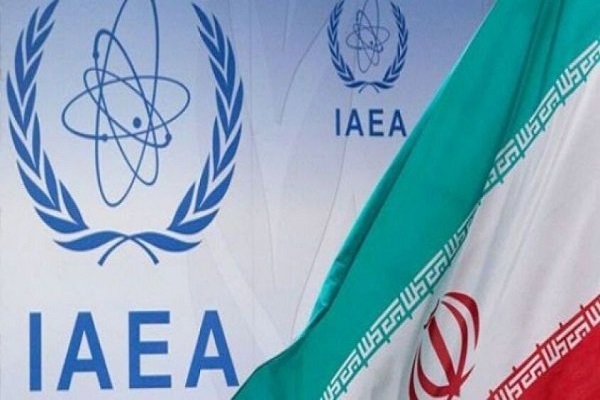
TABNAK, Dec 18: Kazem Gharibabadi wrote on his X account that the International Atomic Energy Agency (IAEA) Director-General Rafael Grossi’s recent interview with the Italian news agency ANSA was full of unproven and imaginary hypotheses about the objectives of the Iranian nuclear program
Gharibabadi was referring to Grossi’s remarks suggesting that Iran is enriching uranium close to military grades and is quickly moving towards becoming a nuclear-armed country.
Grossi also said that the nuclear deal signed between Iran and the world powers in 2015, known as the JCPOA, is no longer relevant, adding that there is a need for a new understanding about Iran's nuclear program.
Meanwhile Gharibabadi slammed Grossi’s remarks, saying, “It is expected that the director-general of an expert organization speaks based on facts and the technical reports of the Agency's inspectors.”
Iran's nuclear program serves the country’s technical needs and fully complies with IAEA’s safeguards, he said.
The Iranian deputy foreign minister said that the IAEA director-general's statements are mixed with political overtones, saying he should not ignore the rights of sovereign countries to peaceful use of nuclear energy, including fuel enrichment.
The Iranian deputy FM reiterated that Iran's nuclear enrichment program has no military objectives, adding that the country has no limits to enrich uranium so long as it is under IAEA’s oversight and does not deviate from the Non-Proliferation Treaty (NPT).
He said that the main cause of the current situation around Iran’s nuclear program is the failure of JCPOA signatories to fulfill their commitments and the unilateral withdrawal of the United States from the agreement, which he said, was not mentioned in Grossi’s recent interview.
Gharibabadi concluded that constructive and fair dialogue based on mutual respect and balanced commitments, and in a way that considers the lifting of sanctions from Iran, would be the only sustainable solution to the current standoff.